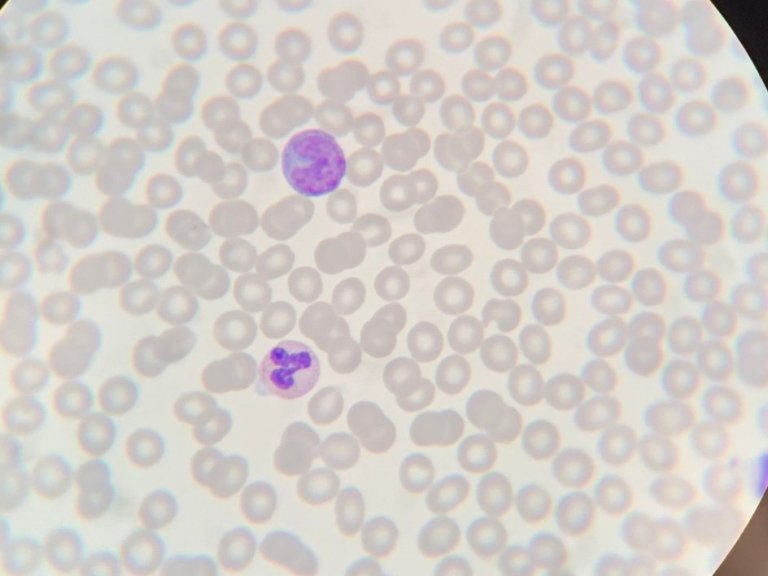Research leader Professor of Neurological Movement Disorders Rob de Bie led the study, which evaluated levodopa, the most commonly-used drug for Parkinson’s. Until now, little research had been conducted to investigate potential long-term effects of the drug, which has been used to treat the disease for nearly half a century.

“There has been a longstanding concern that starting levodopa early could accelerate the disease or have other long-term adverse consequences.” said de Bie “Therefore physicians have often withheld the drug early in the disease and delayed starting it until the patients experienced more overt disability.”
Over the past six years, more than 400 patients who were in the early stages of Parkinson’s were enrolled in the study. The patients were divided into two groups: one group was immediately prescribed levodopa, while the other half received placebo. After 40 weeks, all patients received levodopa and were monitored for an additional 40 weeks. At the end of the 80 weeks, all patients experienced similar benefits to using the drug and those who had started the medication earlier did not experience more side-effects related to longer use.
"In short, starting the medication earlier does not mean patients will experience more long-term side-effects", says De Bie. "In fact, the advantage to beginning the medication sooner is that you can treat the disease earlier and improve patients’ quality of life right at the time of diagnosis.”
In the Netherlands, approximately 50,000 patients are living with Parkinson's disease, a brain disease characterized by slowness, stiffness and tremors. The hallmark of the disease is the breakdown of brain cells that produce the neurotransmitter dopamine in the substantia nigra (black substance) of the brain, resulting in dopamine deficiency. Over time, other parts of the brain are also affected. The cause of the condition is largely unknown. Levodopa raises the dopamine levels in the brain and helps to reduce symptoms of Parkinson’s. There is currently no cure for the disease.
Patients from 50 Dutch hospitals took part in the study. For more information on the study design, visit leapamc.nl. The research was made possible with the support of ZonMw, Stichting ParkinsonFonds, Stichting Parkinson Nederland and Parkinson Vereniging (patients' association).




